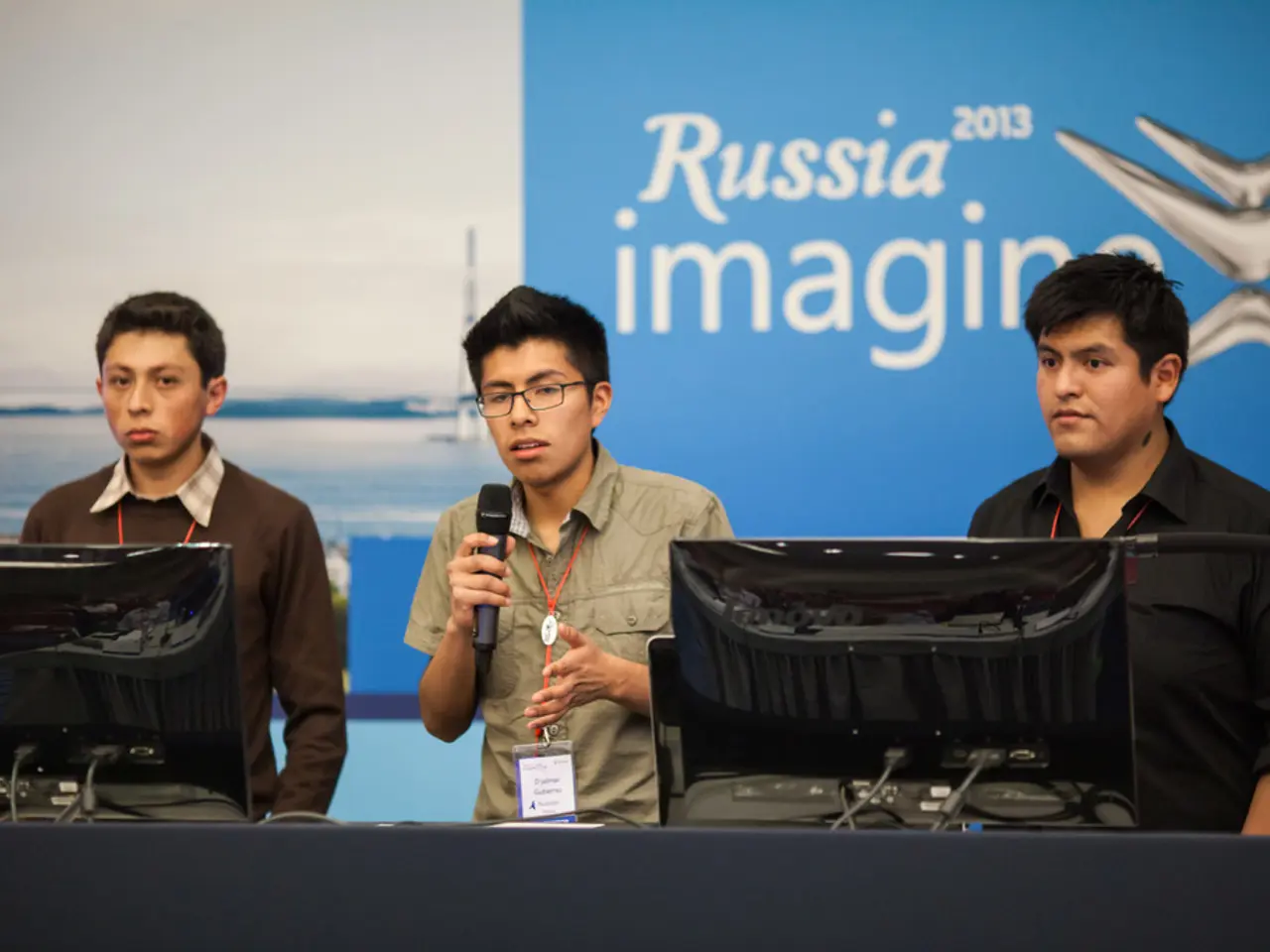US plans to consult European allies prior to Trump's encounter with Putin
In the lead-up to the highly anticipated summit between US President Donald Trump and Russian President Vladimir Putin, scheduled for this Friday in Alaska, European leaders have expressed their concerns about the ongoing Russian aggression against Ukraine.
European Council President Donald Tusk has emphasized the importance of maintaining the integrity of borders, stating that they cannot be shifted by force. He cautioned against signaling to Russia that it can question the borders of other countries "without consequences." Tusk drew a historical comparison to Poland's own history to illustrate the potential consequences of great powers deciding over other countries without involving them in the negotiations.
NATO Secretary-General Mark Rutte shares Tusk's concerns, believing that future peace talks will discuss the Ukrainian territories occupied by Russia. Rutte, however, clarified that Russia's control over a part of Ukrainian territory is a "de facto" situation, not a legal recognition.
The European leaders are wary of Putin's intentions, with some expressing the belief that he is not sincere about peace and aims to destroy an independent Ukraine rather than negotiate a genuine peace deal. They fear that Trump's peace talks with Putin may not succeed but are willing to encourage the process as a way to expose Putin’s bluff and push for tougher sanctions against Russia if negotiation attempts fail.
The European leaders view the Trump-Putin meeting as largely reactive and worry about the substance of proposed security guarantees for Ukraine, which so far appear to be vague promises rather than concrete guarantees. There is some progress on security discussions, focusing on coalitions involving European countries like the UK and France potentially stationing forces in Ukraine, supported by significant US intelligence and airpower without "boots on the ground." However, these remain insufficient and uncertain.
Tusk announced on Monday in Warsaw that the US will consult with its European partners before the summit. He also stressed that Kyiv must be involved in peace talks and that Ukraine must be able to decide on its future sovereignty without restrictions on troop strength or NATO presence on the eastern flank.
The foreign ministers of the European Union plan to hold a video conference on Monday afternoon to discuss their support for Kyiv and the upcoming meeting. They are preparing for the talks, fearing that Washington might impose unfavorable peace terms on Ukraine. The West will not accept Russian demands that amount to the de facto annexation of Ukrainian territories.
In summary, European concerns center on Putin’s insincerity, the weakness of proposed security guarantees, and the need for a tougher stance on Russia if peace talks falter ahead of the Trump-Putin meeting. The leaders are hopeful but also wary, with Tusk stating that he has "many concerns, but also much hope" regarding the results of the meeting.
Read also:
- Court petitions to reverse established decision on same-sex marriage legalization
- Minister Bärbel Bas expresses doubts about her tenure as a minister following a recent interview during the summer.
- Trump's enforcement actions in Washington D.C.: Insights from the political arena
- Critique on Gender Issues: Deniz Yücel draws a parallel between Minister of Culture and former East Germany's chief ideologist Kurt Hager






